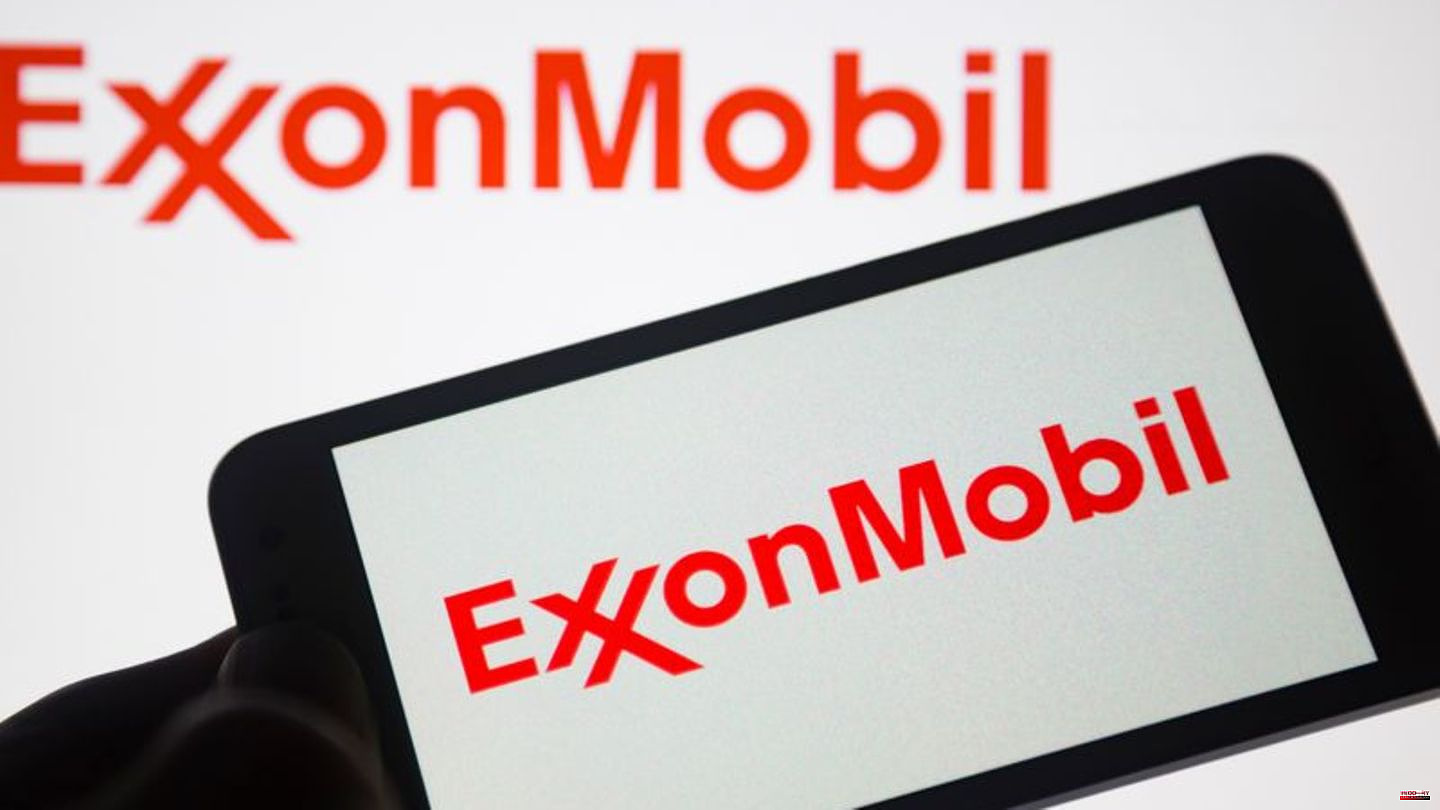Energy giant ExxonMobil is taking legal action against EU measures to skim excess profits from energy companies. "We are only targeting the counterproductive excess profit tax and not other elements of the package to lower energy prices," spokesman Casey Norton said on Wednesday (local time).
The "Financial Times" had previously reported that the US company wanted to sue the EU in the General Court of the European Union because it exceeded its legislative powers.
According to the company, the tax undermines investor confidence, discourages investment and increases dependence on imported energy and fuel products. At the same time, ExxonMobil announced significant investments in Europe.
The EU Commission said it would take note of the lawsuit. It is now for the General Court of the European Union to decide. However, the Brussels authority stressed that, in its view, the measures concerned are fully compatible with EU law. "Fairness and solidarity, even for corporate giants," wrote EU Economic Commissioner Paolo Gentiloni on Twitter today, referring to Exxon.
The process could be lengthy
However, the procedure will not initially be able to stop the levy, which is due to expire at the end of 2023. According to a court spokesman, such proceedings last an average of 15 to 16 months, after which an appeal can be lodged with the European Court of Justice. The measure will already be implemented in the meantime. A verdict could come when it is no longer effective.
At the end of September, the EU decided to tap into the spectacular profits of many energy companies in view of the high energy prices - especially with cheap energy sources such as sun or wind. Some of the measures also affect oil, coal and gas companies as well as refineries - Exxon is now taking action against this.
The fossil companies should pay a solidarity levy of at least 33 percent on their excessive profits by the end of 2023 at the latest. The money is to be used to finance relief for citizens and companies. According to estimates by the EU Commission, the temporary solidarity contribution could bring in 25 billion euros.
Measure is a missed opportunity in climate protection
The trade union IG BCE advocates linking the skimming off of profits with climate protection efforts by the energy industry. "I would have found it better if the amount of the levy had been combined, for example, with obligations about how much a company is investing in the transition to green energies," says Michael Vassiliadis, chairman of the German Press Agency. "That would have pushed the transformation forward." In the agreed form, the measure is partly a missed opportunity, criticized the co-head of the gas commission.
The so-called random profits accrue to producers when they are able to pocket a large difference between sharply increased sales prices for electricity in wholesale trading and low production costs. Since such profits do not reflect the "reward" for their own investments from earlier periods, but ultimately stem from the shock of the energy crisis, there were increasing calls for companies in the sector to pass on these profits to the general public.
Now the levy is intended to partly and temporarily counter-finance the electricity price brake for consumers and other companies. Green electricity producers, for example, are to be used. According to the draft law, this should end by April 30, 2024 at the latest. Several suppliers and associations sharply criticized the project: It violated EU law and violated the property guarantee. Lawsuits have been announced.







